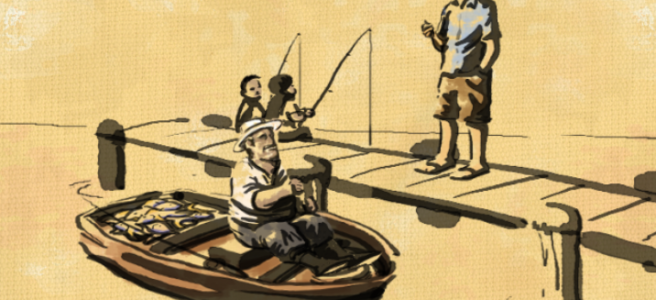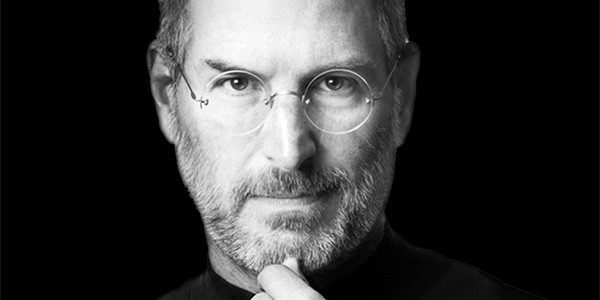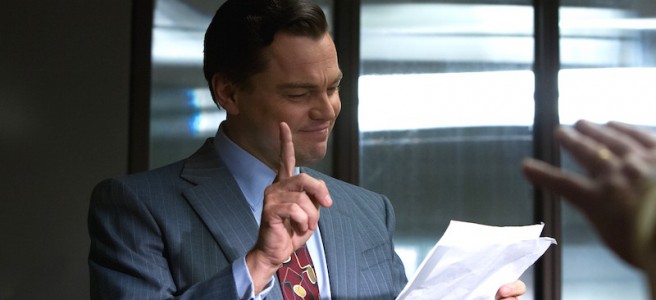I had dinner with a friend tonight and she told me a profound, true story that I had to share (names changed to protect their privacy).
Her boyfriend Evan was born without one leg from mid-thigh down. As he was born with the condition, his body has compensated incredibly. His remaining leg is about twice the size of a normal leg (in muscle mass) and he has an extremely strong lower back which has kept his back straight. He uses a basic prosthetic limb to get around more easily, but is fully mobile.
The crazy thing is that when he was born, the baby born in the bed next to him had the exact same condition. The doctor told both sets of parents about a potential procedure that would allow their children the chance to walk normally again. The procedure involved a series of operations that would try to make the leg grow out properly. Evan’s parents, I quote, said “don’t worry we’ll just stick a bit of plastic on the end of his leg and he’ll be fine”. Ann’s parents (the parents of the other baby) decided to go for the procedure of leg operations.
This led to a fascinating micro-experiment. The two families stayed in touch for many years after. This meant that they actually saw the ‘clinical’ results of the two different paths, and the effects this had on each child’s life.
Sadly, the procedure of leg operations was unsuccessful for Ann. She has ended up in a wheelchair because she spent so much time in hospital as a small child that her body didn’t learn to compensate for the missing limb. Evan, on the other hand, is a paralympic hope for sailing, works in a top recruitment firm and lives happily with his girlfriend – a very normal/fulfilling life.
Everyone on this planet is born into their own unique set of circumstances. This combination of genetics and environment, nature and nurture, develops us along our own individual journeys into our own particular characters.
In Evan’s case, his parents embraced who he was and allowed him the freedom to develop in his unique way. Ann’s parents tried to change her, tried to change the cards she was dealt by nature, and it failed.
The decisions we make can lead to different chain reactions of events that take us down entirely different journeys. This is not just true for decisions made for/by us when we’re young, but continuously applies to the decisions we make on a daily basis for the entirety of our lives. This is a terrifying fact of nature, but one we must consider and embrace. It can be hard to know what is the right choice to make. Fortunately, we can prepare for these decisions. We must define our values. The values we hold close act as our compass to making these decisions. Define in advance what resonates with you: Do you value empathy or brutal honesty? Humility or bravada? Acceptance or intolerance? Risk or security? These things can help guide us to make even the hardest decisions.
For me, the key takeaway is: Embrace who you are and trust your values.









